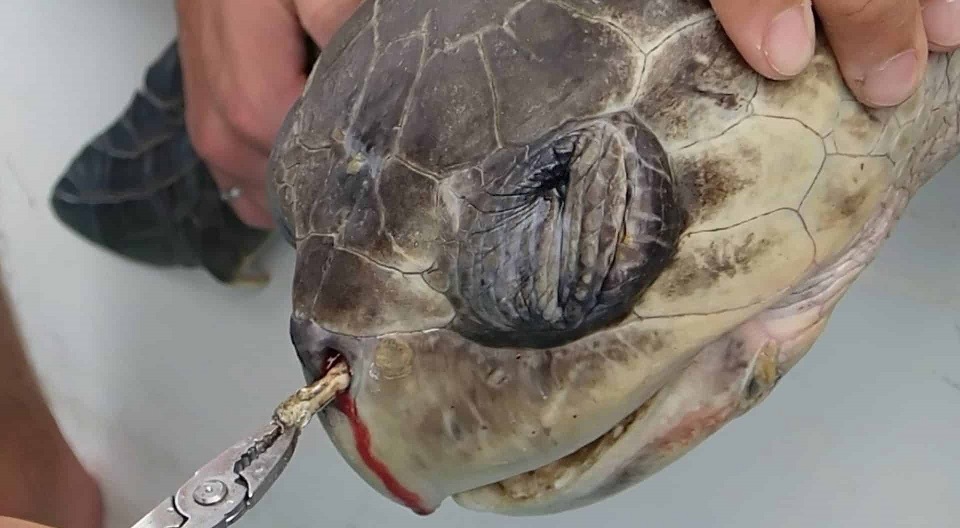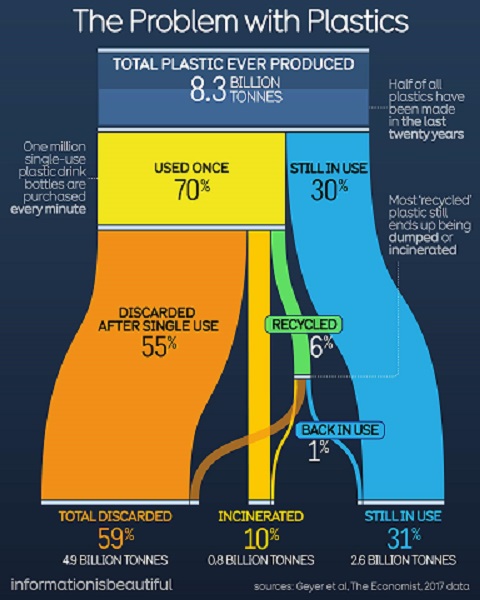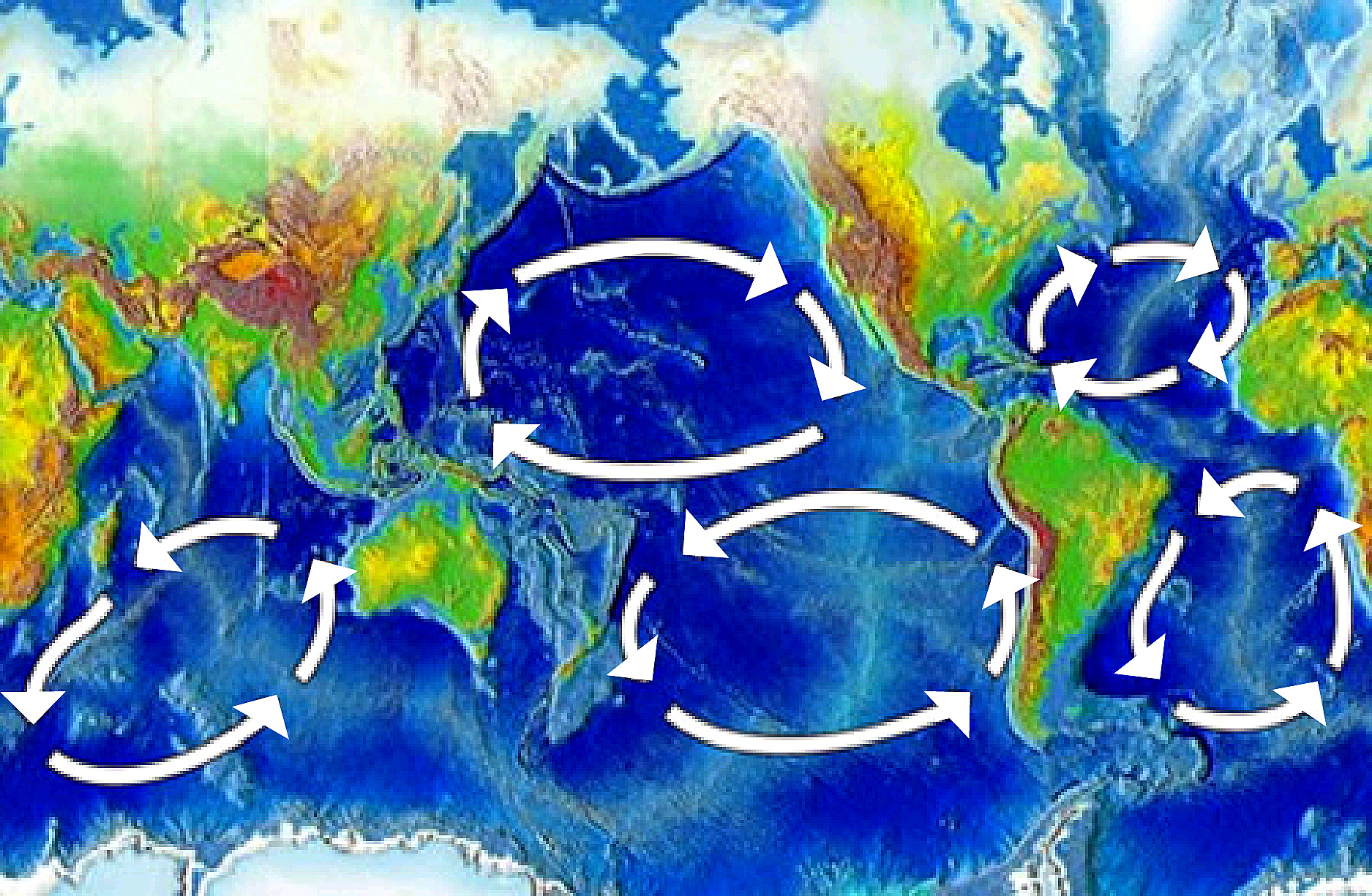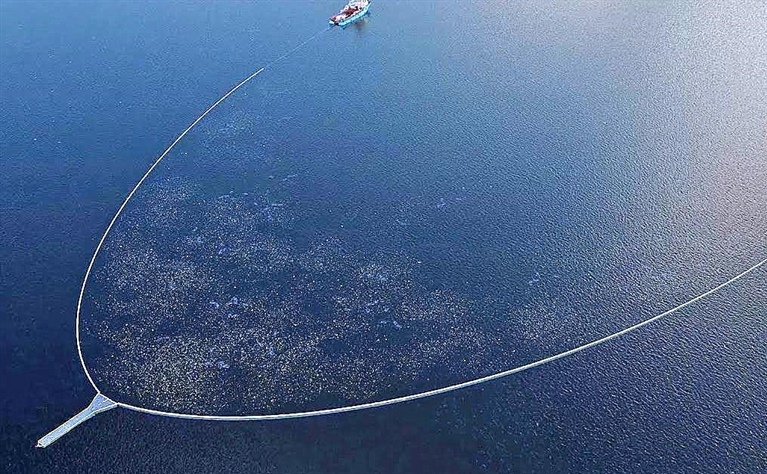Ocean Pollution Solutions
Plastic Fishing Boat, the Netherlands (credit: Plastic Whale)
With Earth Day here again, practical solutions for solving environmental problems should be the focus. Addressing plastic pollution in the oceans is an obvious case. A tragic example of the issue was captured dramatically when a Costal Rican sea turtle was rescued and found with a plastic straw stuck in its nostril which had to be removed if the marine animal was to survive.


Sea turtle and straw being removed in nose, Costa Rica (credit: Plastic Pollution Coalition) The Problem with Plastics (credit: Information is Beautiful)
Solutions to discarded plastic range from efforts by international organizations; projects on remote island nations; and to individuals walking on a favorite, once pristine, beach. Here are two examples where solutions are already being put into operation:
1) An innovative Dutch company, Plastic Whale, offers boating excursions through the canals of Amsterdam to fish out plastic rubbish. The Company launched when it was challenged to build a usable boat made entirely from discarded waste. Since then, they haven't stopped in their mission to restore the City's famous canals to become plastic-free again. Plastic Whale is also creating added value from the garbage they've gather. Besides turning it into more of their canal-cleansing boats they work with furniture and interior design manufacturers to create other utilitarian products. So far, they have: recruited over 15,000 people to join their plastic fishing trips; removed more than 26,000 plastic bottles from Amsterdam's canals; filled more than 7000 bags with collected waste; and more than 13,000 pieces of furniture from the discarded trash and wisely the Dutch managers say: "we don’t like talking about the problem but rather working on the solution by creating cool products from the waste. The more people who join in, the more positive impact we create, and we want to go global."
2) It has been estimated that discarded plastic could soon out-weight all the fish in the oceans. In the Pacific Ocean the Great Pacific Garbage Patch consists of single-use bags, bottles, containers, and toys, the plastic waste flows down rivers into bays and the ocean producing gigantic gyres of floating debris. It is now the size Texas and others like it exist around with world. The plastic not only pollutes the seas as floating trash but it is a major threat to marine mammals, birds, and sea turtles, and even people. Plastics can also enter the food chain as it becomes pulverized into nano-particles by currents and then consumed by commercially harvested fish including tuna and salmon. Micro-plastics have been shown to impact the immune systems of people who relish eating seafood.


Oceanic gyres that trap plastic trash (credit: 5Gyres) Barges with net to trap floating plastic debris (credit: The Ocean Cleanup)
Novel solutions have been proposed but scaling technology to deal with the problem has been a limiting factor so far. A Canadian group, The Ocean Cleanup, may have developed a practical and scalable way to address this massive issue. They have designed and tested a floating net that is slowly pulled along through an oceanic expanse, capturing the debris on the surface as it moves. The sieves are attached to ships at each end of the siphon that pushes the plastic debris into a pouch at the back of the net. The gathered waste is then recycled into plastic pellets to be used for new products. Fashionable sunglasses are already available from an Italian eye wear maker.
Any number of innovative companies and organizations are working on practical and economic solutions to environmental problems from ocean plastic to global heating. There are many more opportunities for others to become involved and Earth Day is a good reminder to do so. WHB